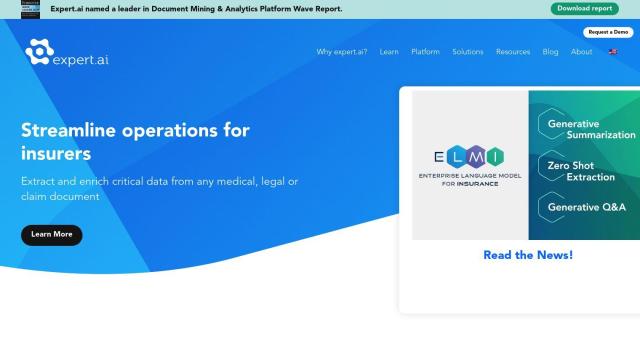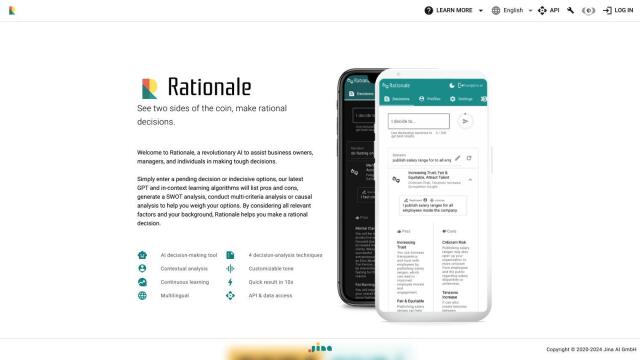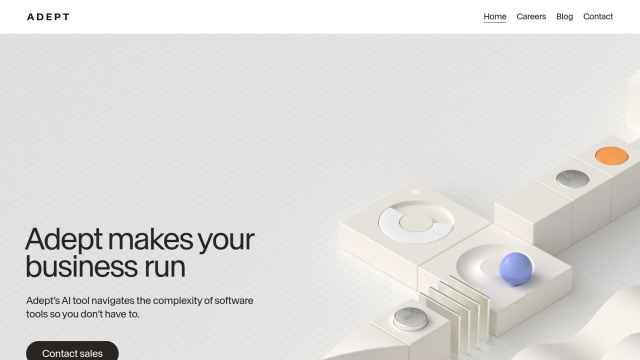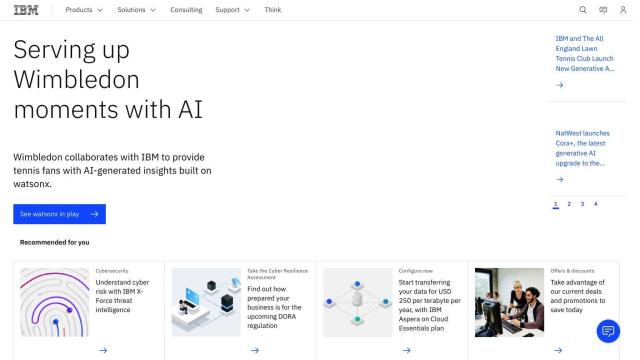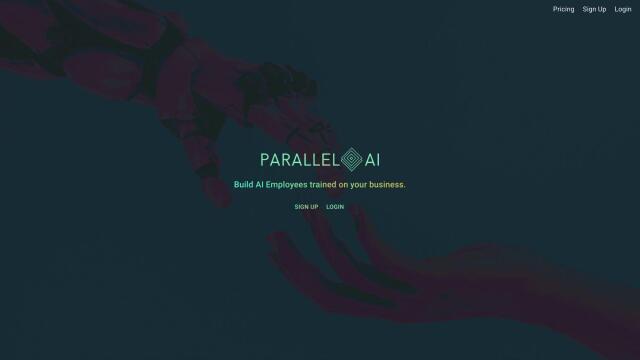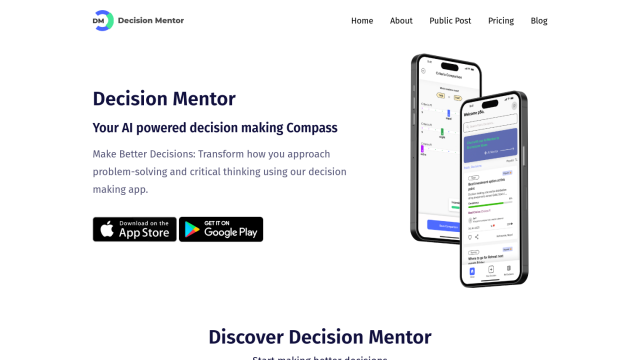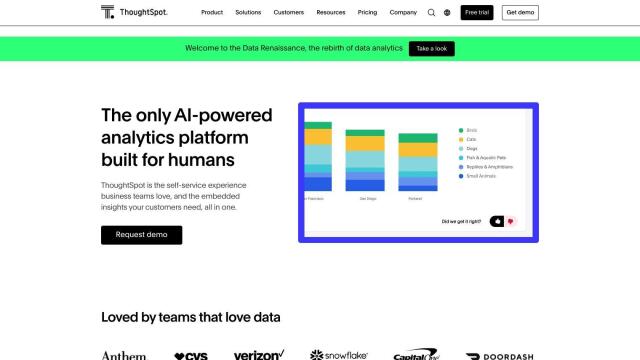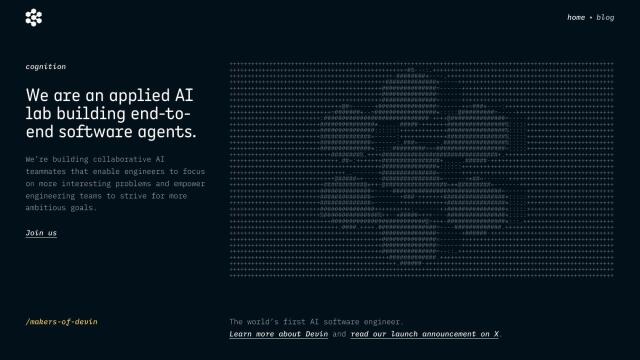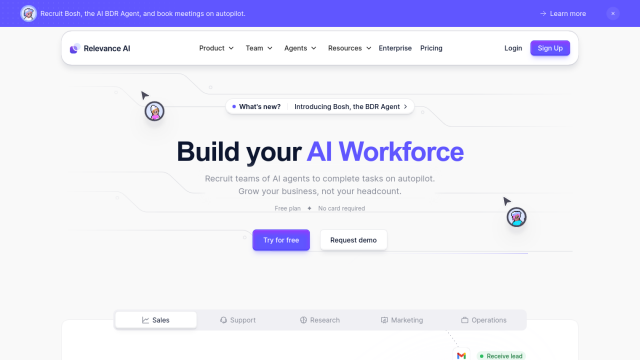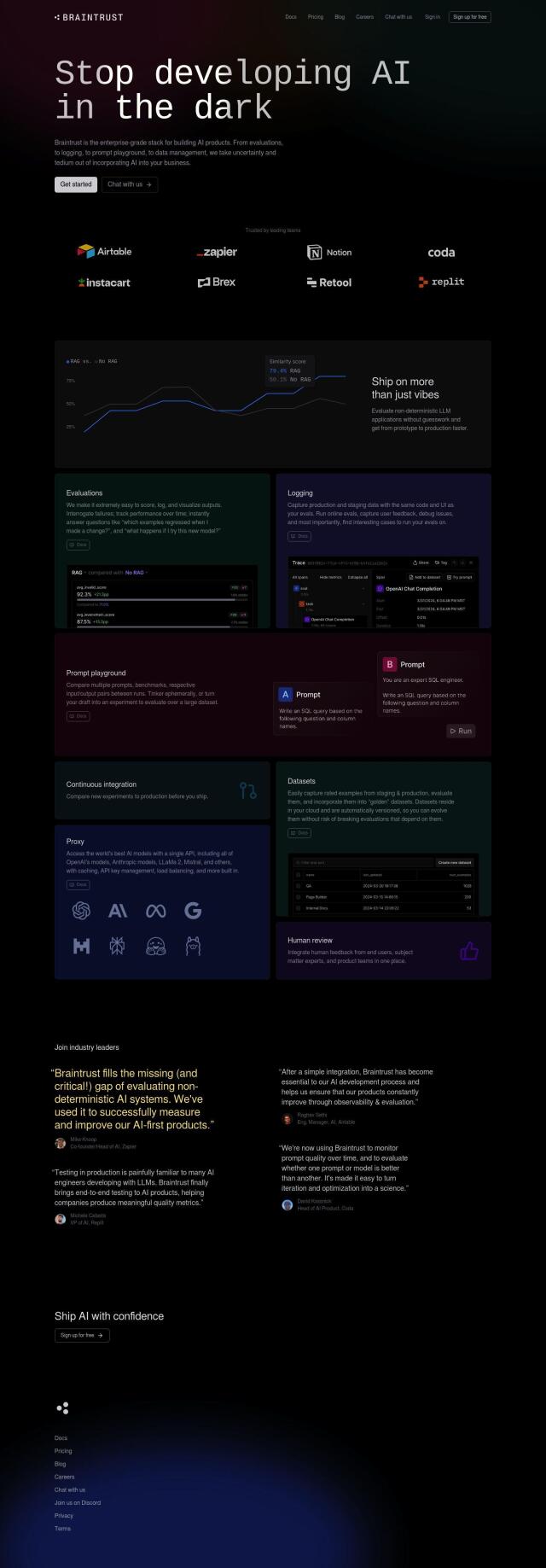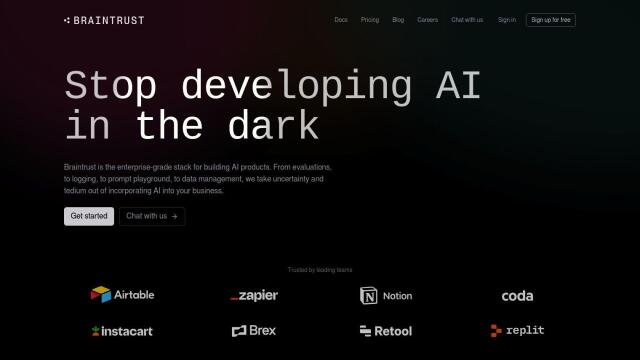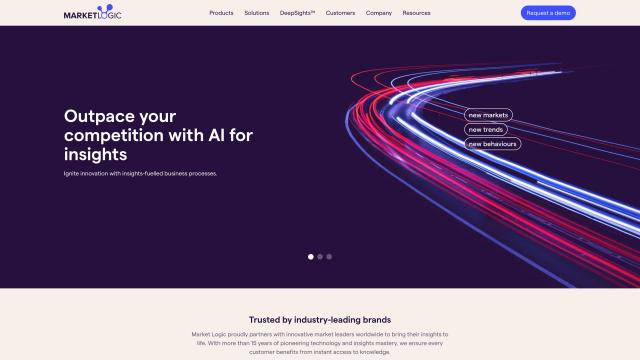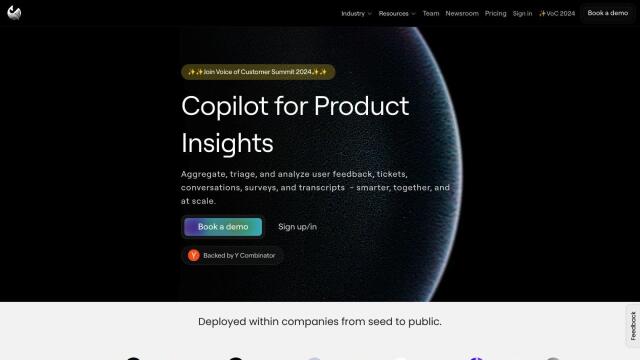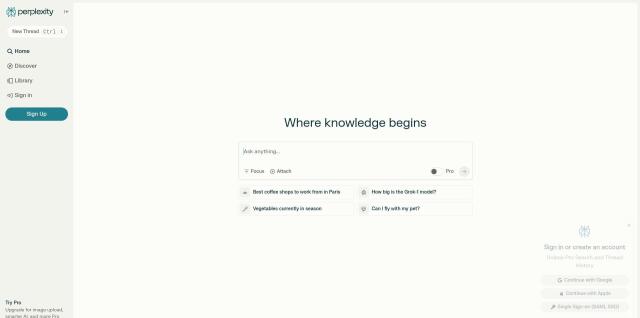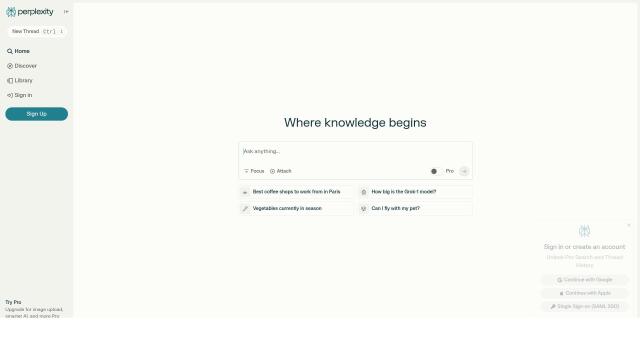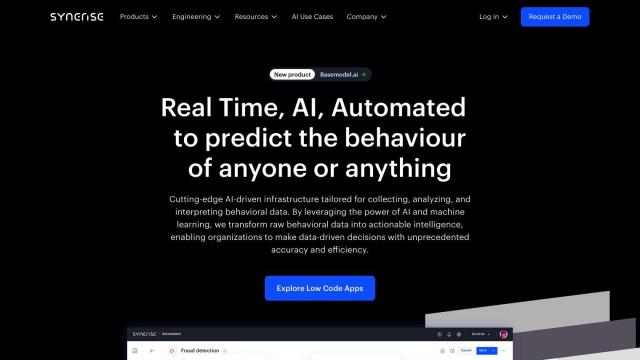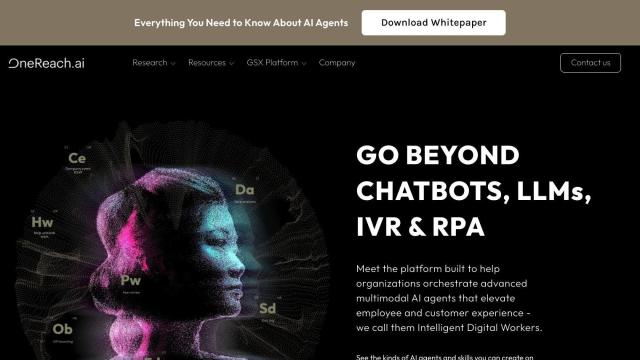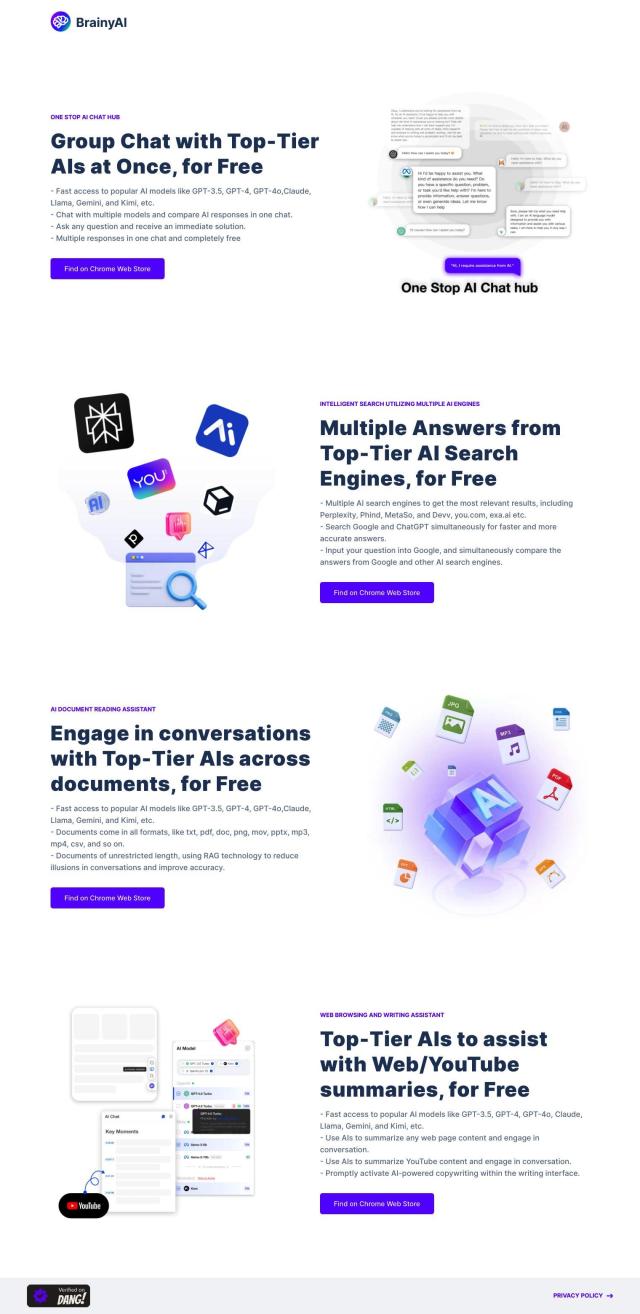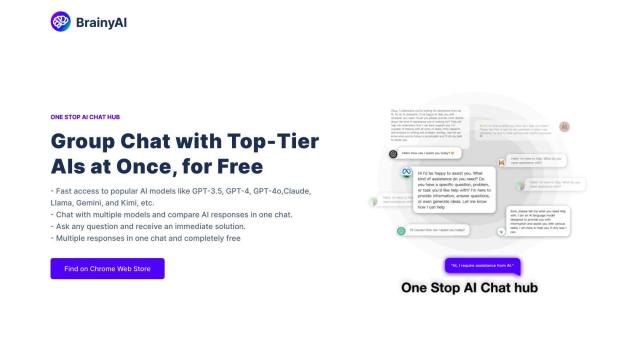Question: Can you recommend a solution that uses machine reasoning to improve decision-making and problem-solving?
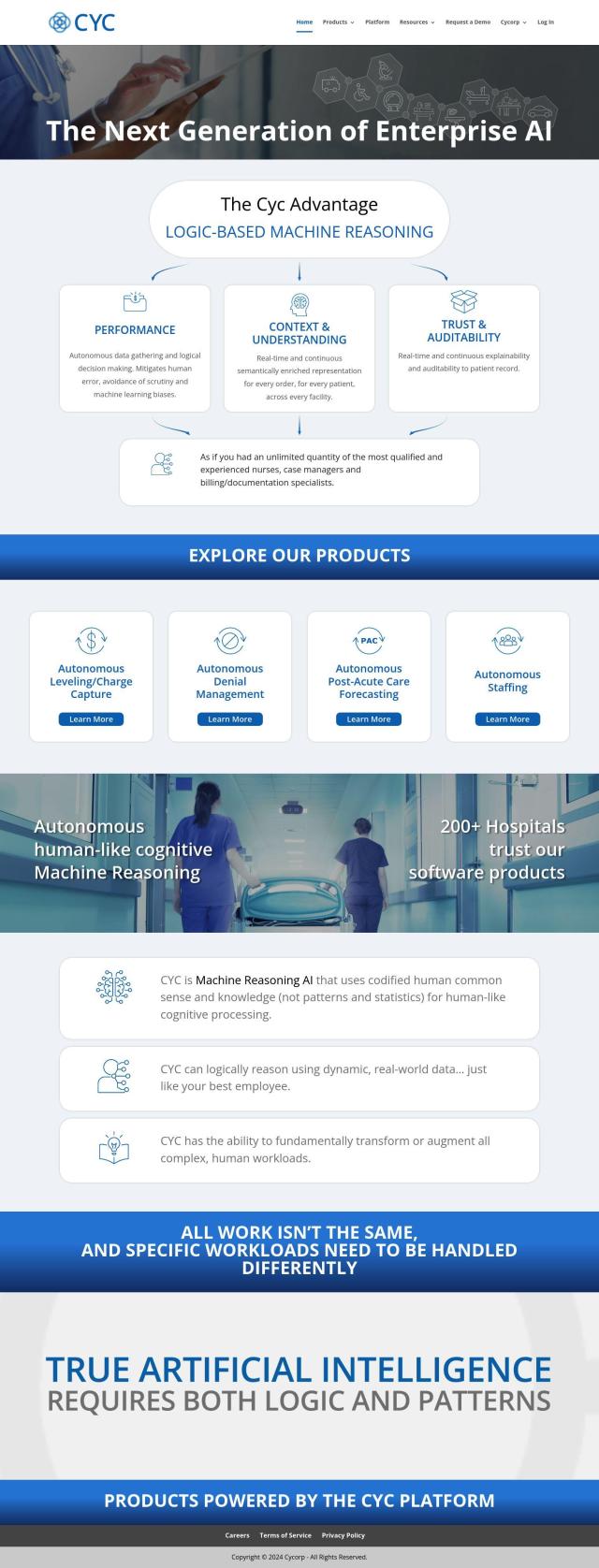
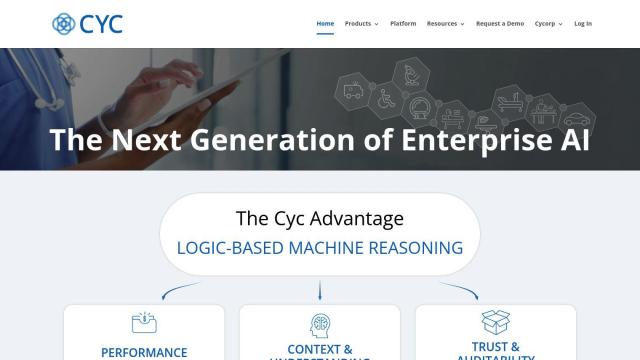
Cyc
If you're looking for a system that uses machine reasoning to improve decision-making and problem solving, Cyc is a top contender. This AI system marries machine reasoning with human common sense rules that have been carefully formalized, and it can be a good way to automate complex business tasks. It can handle sophisticated tasks like autonomous leveling/charge capture, denial management, and post-acute care forecasting and staffing, and it doesn't have the same human fallibility and bias. Cyc's modular design is designed to scale and integrate with other systems, so it can quickly demonstrate real-world knowledge and provide a useful foundation for more advanced decision making.


Abacus.AI
Another interesting system is Abacus.AI, which lets developers create and run large-scale applied AI agents and systems using generative AI and other neural network technology. Its product suite includes predictive systems for forecasting, anomaly detection and more, so it can be used to automate complex processes and integrate data from multiple sources. With features like high availability, governance and compliance, Abacus.AI is designed to make businesses run more smoothly and help companies serve customers better.


Turing
If you want to improve your Large Language Model (LLM) performance, Turing is a strong contender. Turing lets customers create custom genAI products and applications with advanced reasoning abilities and a variety of tools for evaluating and optimizing models. It's used in healthcare and finance to power AI-powered workforces, and it can automate routine tasks and improve decision making.


OpenAI
Last, OpenAI offers a general-purpose artificial general intelligence (AGI) system with tools like ChatGPT for quick answers and inspiration. It can be used in a variety of industries with customizable GPT models, data analysis and integration tools. With free and enterprise pricing levels, OpenAI offers a range of options for people who want to use AI to boost productivity and creativity.

